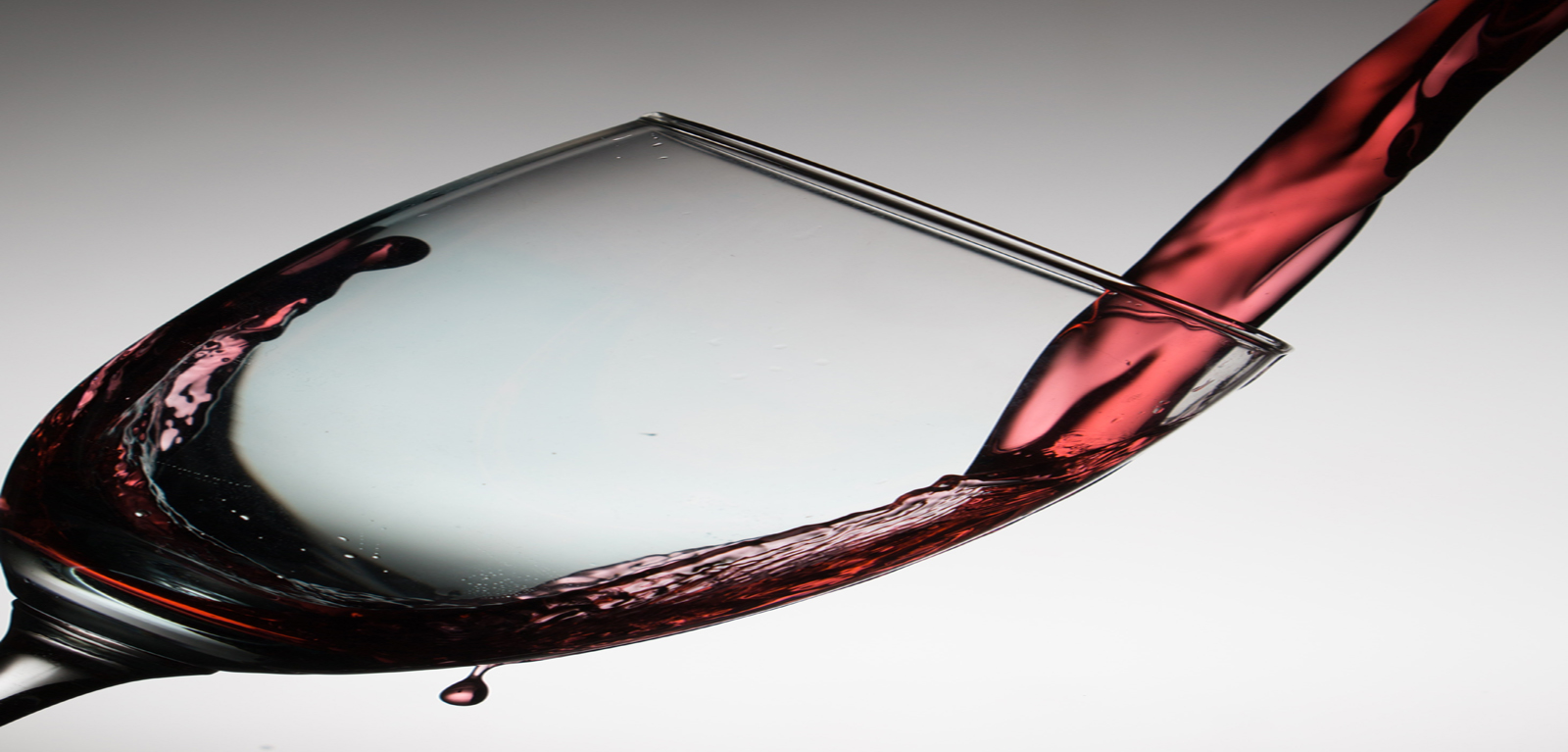Red wine and berries could improve life expectancy for those with Parkinson’s
Recent research has found, for the first time, that people with Parkinson’s disease who eat more flavonoids—compounds found in foods like berries, cocoa, tea and red wine—may have improved life expectancy compared to those who don’t.

The research followed up over 1,200 people who had recently been diagnosed with Parkinson’s disease and showed that those who ate more flavonoids in their habitual diet had a lower chance of dying than those who consumed few flavonoids.
Parkinson's is the fastest growing neurological condition in the world, and currently there is no cure. More than 10 million people worldwide are living with the disease. The disease is caused by the brain not making enough dopamine and leads to tremors, stiffness and problems with balance.
Before being diagnosed with Parkinson’s, participants who ate more of some flavonoid classes, including the anthocyanins (responsible for the red/blue colour of fruit) and flavan-3-ols (in tea, cocoa) had a 31-34% lower risk of dying than those who rarely consumed these flavonoid sources. The effects were more pronounced in men than in women.
Professor Aedín Cassidy, co-author from the Institute for Global Food Security (IGFS) at Queen’s University Belfast, said: “After diagnosis, the magnitude of the associations were similar and when we looked at what foods were driving the association, we found that a higher habitual intake of berries and red wine (comparing intakes of >=3 servings a week to those who consumed <1 serving a month) was associated with a 26% and 40% reduction in risk of mortality (respectively).”
The study, published in Neurology, looked at data from 599 women and 652 men who had recently been diagnosed with Parkinson’s. Participants were asked how often they ate certain flavonoid-rich foods, such as tea, apples, berries, oranges, and red wine and this was repeatedly assessed every four years. Flavonoid intake was then calculated by multiplying the flavonoid content of those foods by how frequently they were consumed.
After controlling for factors like age, smoking, medication and other dietary factors, the researchers found that consumers who habitually ate more flavonoids/flavonoid-rich foods had a 30-40 percent greater chance of survival than the lowest consumers.
Professor Cassidy added: “This large study has shown how simple dietary change has the potential to improve life expectancy in people living with Parkinson’s. These findings are exciting as just a few portions a week of berries or a few glasses of red wine a week may improve survival rates.”
The study involved researchers from Queen’s University Belfast, Pennsylvania State University, Harvard University and Massachusetts General Hospital.
Media
Media enquiries to comms.officer@qub.ac.uk